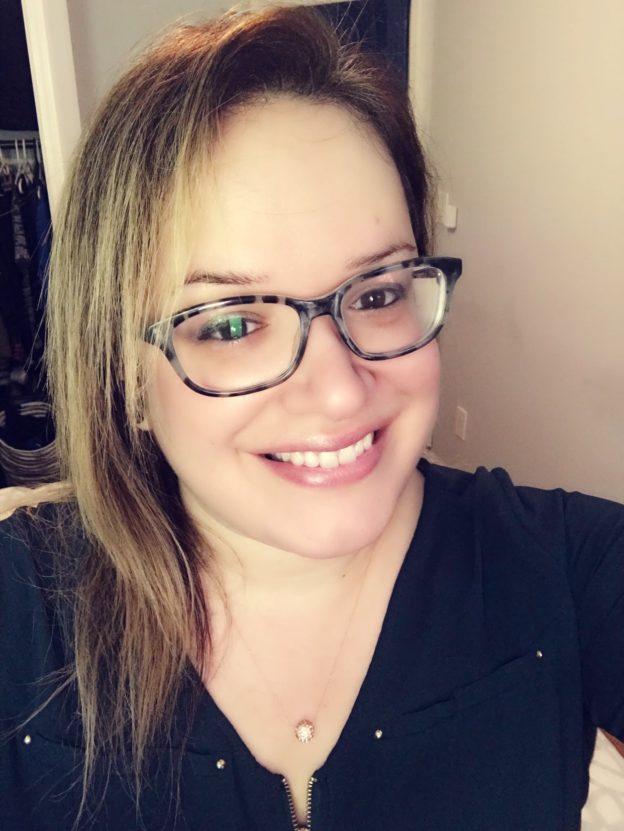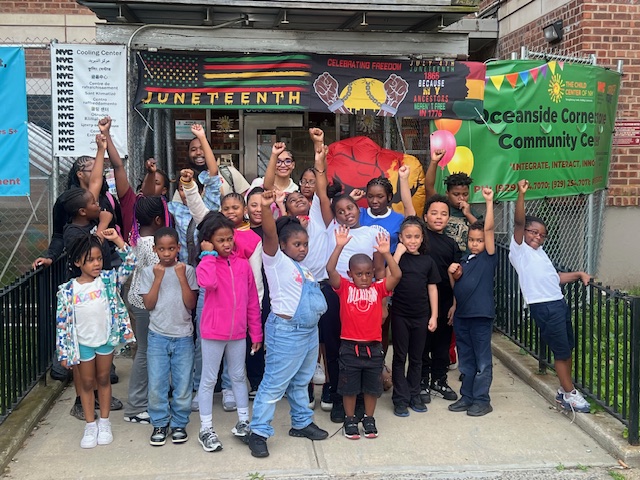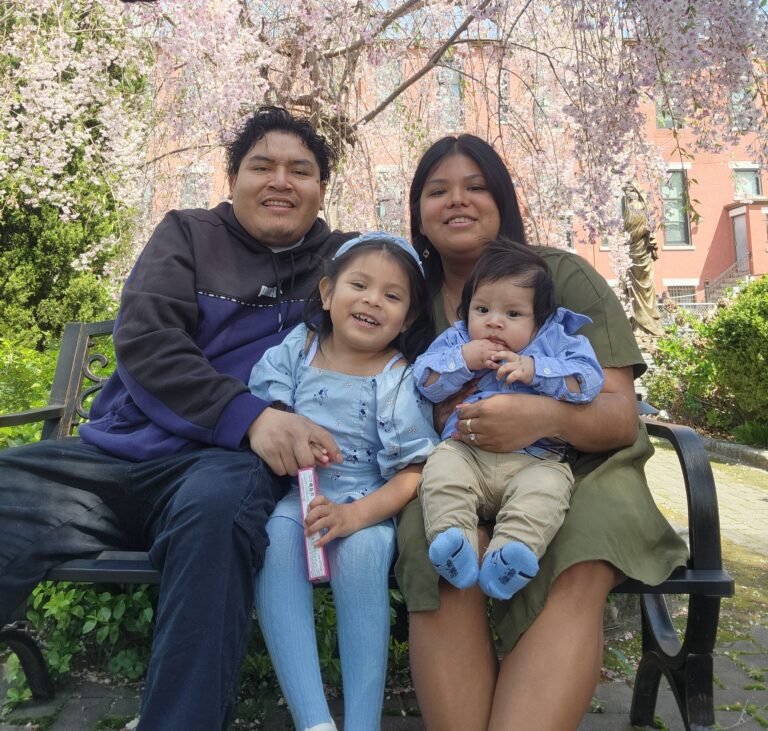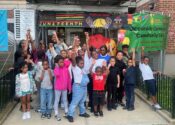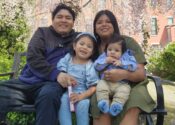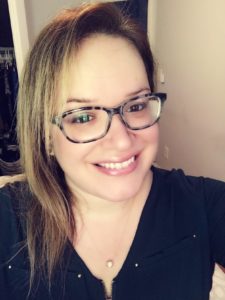
Diane Valente, LCSW, Assistant Director of The Child Center of NY’s Woodside Clinic
At The Child Center of NY, we want the children we serve to have the support they need to lead fulfilling lives. That means offering them an array of programs that nurture them wholly, despite any setbacks due to poverty, language barriers, or behavioral health. It means being there for kids whose families or cultures have a hard time accepting them for who they naturally are.
Providing safe and nurturing environments in which children can speak openly with peers about the challenges they face is an important part of who we are, so at our clinics, we try to create opportunities for group therapy as well as individualized counseling. Safe Space groups are often the only method by which young LGBTQ clients can learn to cope with the difficulties they face and develop much-needed resiliency to ensure a brighter future. The Child Center employs experienced, culturally competent behavioral health staff to run these groups and often to work closely with parents of participants to ease their transition from therapy to home life.
We recently spoke with Diane Valente, LCSW, Assistant Director at our Woodside Clinic, who created and manages several support groups there.
Please talk about the path that led you to The Child Center of NY.
My background in social work began when I worked for the Young Adult Institute for ten years in various capacities (group homes and mental health clinics) with a focus on nurturing and strengthening the skills of people born with intellectual/developmental disabilities. After pursuing my master’s degree in Social Work at Adelphi University, I began to hone in on my career goals and passion for working with children who have suffered complex trauma and loss. Approximately three years ago, I began my journey in the field of child welfare when I was hired as a prevention supervisor in the special-medical prevention department at New Alternatives for Children in Manhattan. The experience afforded me a wealth of knowledge of the child welfare system, the needs of marginalized communities, and the impact it has on access to many services, including mental health for children and families. Prior to coming to The Child Center, I worked as a clinical supervisor in the Mental Health Department at Lutheran Social Services Foster Care agency in Manhattan. This experience allowed me the clinical skills to work with children who have suffered various types of abuse and neglect, which led me to my interest in working for the outpatient mental health clinic at Woodside as the Assistant Director since September 2017.
What groups do you run there?
When I began working at Woodside, my director assigned me the role of group organizer. She asked me to brainstorm ideas for groups that I could run for this population of children. Since I have interned for LGBTQ organizations in the past, and since some of the clients being assigned to my caseload identified as LGBTQ, I inquired about implementing a group for this specific group of teens. After hearing that this group was not being offered in our clinic or others at the agency, I created an eight-week curriculum which encompassed psychoeducation on LGBTQ terms and group activities that would increase awareness of how to deal with homophobia, transphobia, and coming-out experiences. Clients are also provided a safe space to talk about being “in the closet” and how they cope. Clients are also given resources of places in the community they can go for additional support. My “Safe Space” group has approximately five to seven members, fluctuating in size depending on needs as well comfort level of clients involved in this group without yet being “out.” I have found that creating this group came with some challenges related to anonymity — as most teens who are not out to their parents are worried about participating for fear of being outed. We’ve addressed this by not posting flyers in common areas, and if parents inquire on the type of group, we would say simply that it is a teen group.
In addition to Safe Space, I was asked to develop a curriculum for our teens who battle depression, suicidal thoughts, and self-harming behaviors. This idea came about because we were receiving excessive amounts of client referrals from hospitals. The group is titled “More Than Sad,” and the topics range from psychoeducation on signs and symptoms of depression, timelines of challenging life experiences that precipitate symptoms, cognitive behavioral worksheets on restructuring unhelpful thoughts, understanding self-concept, and coping mechanisms. The main goal is that participants learn skills to cope with their symptoms, suicidal thinking, and behaviors. Group enrollment is always at capacity (12) because of the need at our clinic.
Can you tell us a little about your client Toni, who is featured in The Child Center’s 65th anniversary video? We were so excited he got to sing with Idina Menzel at the gala this year!
Toni has been such a positive influence on other members of the teen Safe Space group as he is already out to his friends and family. He has perspective on the challenges he faced with homophobia and transphobia in his Hispanic culture and religion. Toni made strides in his self-esteem since coming out, and other teens are able to learn not to fear being who they are without judgment.
What is the role of parents in your work, and how influential is it, or can it be, to have one parent set an example for others? Are certain cultures less receptive to LGBTQ kids in general?
We are currently running a Parent Support Group for Spanish-speaking parents. The idea for this group came out of discussions that Hispanic cultures and religions have strict views on LGBTQ issues which at times isolates our LGBTQ youth into thinking there is something wrong with who they are and how they express themselves. In addition, we have found most of our parents are facing challenges in understanding their child’s needs, especially given the ever-changing vocabulary of gender and sexual identity. This group also helps parents process ways they can foster positive relationships with their children. Clinical supervisor Edgardo Quinones runs this group, which has been successful.
Is there any message you would give families or individuals facing these issues who may not yet have considered seeking our services?
LGBTQ individuals are almost three times more likely than others to experience a mental health condition such as major depression or generalized anxiety disorder. The fear of coming out and being discriminated against for their sexual orientation and gender identities by family and friends can lead to depression, post-traumatic stress disorder, thoughts of suicide, and substance abuse.
Most LGBTQ youth do not talk about mental health and may lack awareness about mental health conditions. This sometimes prevents them from seeking the treatment and support that they need to get better. In order to help these young people, it is crucial that there be support in seeking and acquiring mental health services that confront stigma and prejudice based on sexual orientation or gender identity. If parents become aware of a child’s gender/sexual identity and have conflicts with this, they should know that The Child Center of NY provides support by qualified mental health clinicians who are LGBTQ-affirming — and a place where, always, their child can be open and safe.
